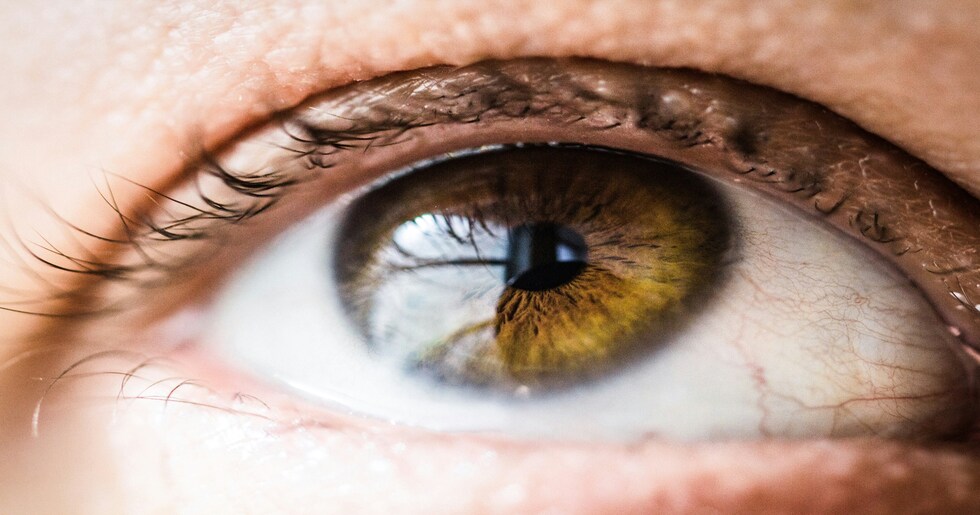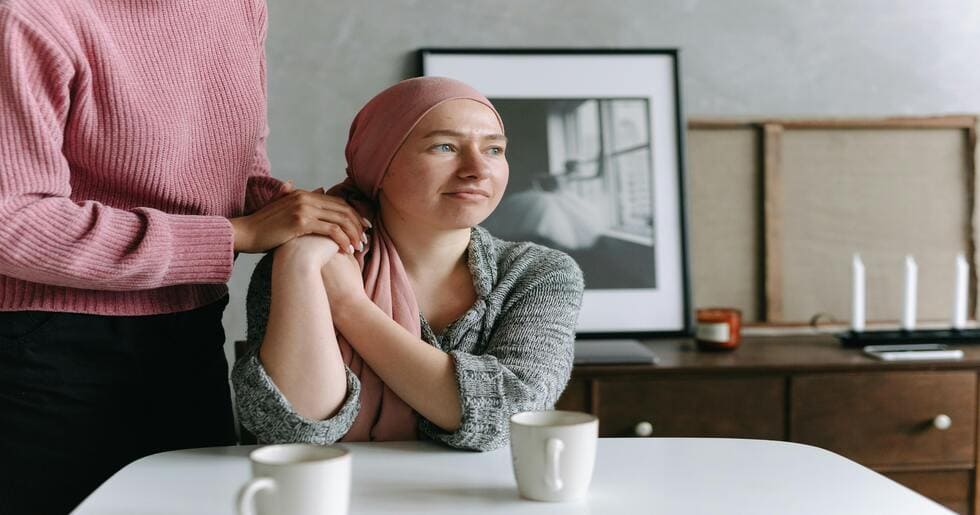A Comprehensive Guide to the Benefits of Biologic Treatment for Psoriasis
Published on September 11, 2024By Laura M. (Contributor)
Contents


Psoriasis is a common, long-term (chronic) disease with no cure. It causes red and crusty sores that can appear anywhere on your body but typically affect the knees, elbows or scalp/errors/poison-ivy/keeping-skin-contaminants-off-wet-tissues-and-bacteriaernals/myths-legends/aboutalleries/, among other locations. Although there are a number of legitimate potential treatments, biologic therapy has become the front line for those with moderate- to-severe disease. Biologics work differently than traditional treatments and target the immune system dysfunction that causes psoriasis instead of treating symptoms at a surface level. For a lot of people, some who have been clear for years now since they got on COSENTYX, this thing was nothing but torture.
Biologics are made from living cells and target specific autoimmunity pathways in psoriasis. Given via injection or intravenous infusion, these medications target the inflammation at its source. This breakthrough therapy has been a game-changer for many, giving them hope that they would have relief from the flare-ups and nasty symptoms.
How do biologics work: Addressing inflammation, From the Inside Out
The resulting inflammation increases the growth of skin cells and causes Psoriasis to develop. When these new skin cells form, they rise to the surface of your skin where dead cell skins combine with white blood and form scales which cause itchy patches that can lead to psoriasis symptoms such as thick red areas on the legs covered by silvery Scales. In mild cases, topical creams and phototherapy can help the symptoms of psoriasis but not cure the disease because it primarily treats the surface level reactions capable to be seen on top.
Biological based therapies, on the other hand work by targeting specific components of the immune system that cause inflammation. These biologics target proteins like Tumor Necrosis Factor-alpha (TNF-alpha) and interleukins (ex: IL-12, IL-17, IL-23), which are important in the inflammatory pathway of psoriasis. Biologics work by blocking these proteins in psoriasis patients, which reduces the overactive immune response and decreases the number of flare-ups and severity of symptoms.
Biologics are different from older systemic treatments that suppress the entire immune system. Having this specificity also means fewer side effects, which makes biologics a safer long-term treatment for many patients.
Why Biologic Therapy is A Game-changer
1. Treatment of Moderate to Severe Psoriasis
Biologics are for patients with moderate to severe psoriasis who have not found success with other treatments. This targeted approach allows us to better manage symptoms, especially in people with severe skin and recurrent flare-ups. Given the large surface area that these rashes occur, using a biologic helps to heal internally as opposed to just applying creams or topical solutions.
2. Durable Remissions
The effects of biologic treatments also come on fast and can offer sustained relief. Most patients will note with up to months, even years of clear skin before seeing a significant recurrence. This long term-effectivity is what makes biologics different from some of the other treatments that only provide short-term relief. Biologics have in fact changed the natural course of disease, leading to remission permanently for many patients.
3. Fewer Systemic Side Effects
The traditional systemic treatments that we use are methotrexate or cyclosporine, they have blanket suppression of the whole immune system and therefore a range of side effects. Since the biologic agents are more specific, side effects of it throughout your body tend to be fewer. All medications have potential risks, but biologics tend to be much easier on the body and may therefore offer a safer long-term solution. This is a major concern for people who live with chronic pain and therefore depend on proper help in managing their symptoms.
4. Improved Quality of Life
People with moderate or severe psoriasis often struggle to manage both the physical symptoms as well as emotional and psychological stress. Because of the visible nature of hyperpigmentation, it can cause self-consciousness and social anxiety to such an extent that some people may even develop depression from feeling insecure about their skin. Biologics lessen the symptoms and hence, your overall well-being in physical as well mental health is enhanced. As a result, many patients are more comfortable with their appearance and feel less self-conscious on biologic therapy — undoubtedly an increase in quality of life.
Difference Between Biologic Treatments and Traditional Therapies
Biologics versus traditional therapies when treating psoriasis Biologics may be an option for patients who have relatively severe disease and have failed conventional therapy. Let us see how biologics stack up against the more conventional alternatives.
TOPICAL TREATMENTS Creams, ointments and lotions are often the first treatment for mild psoriasis. Topical treatments (such as corticosteroids) are common and sometimes effective for smaller areas, but they can be impractical if you have a lot of psoriasis and may not work well in the long term.
Phototherapy: Light therapy (or UVB treatment): an effective moderate psoriasis intervention. But it demands regular clinic visits, and the control may not be as convenient or durable with biologics.
Systemic Medications (oral or injected), which depress the immune system as a whole and hence can cause more severe side effects. Though these strategies might function for some people, they frequently feature substantial threats specifically when used long-term.
By contrast, biologics are more targeted and only affect specific components of the immune system that play a role in inflammation. For many, this precision helps eliminate side effects and provides a viable answer.
Is a Biologic Right For You?
Only you and your doctor can decide whether biologic therapy is the right treatment for you. To find the best plan of action, it is important to work together with your dermatologist as closely as possible. Key considerations include:
- How Severe Psoriasis Is: Biologics are usually only reserved to people with more severe psoriasis who have not responded well to other treatments. If you have extensive psoriasis that covers large areas of your body or if it is particularly bothersome, then a course of biologics may be the right answer to achieve clear skin.
- Support where other treatments have failed: If you've tried topical treatments, light or oral medication to no avail, biologics could provide the answer.
- General Health: Biologics may make infection risk higher, raising a red flag for those with compromised immunity and specific medical conditions. Based on your health background, a doctor will even discuss potential vulnerabilities.
- Price and Insurance: Biologic medications are often expensive, however many times insurance covers these (especially if disease is moderate to severe) Be sure to consult your insurance company for the range of coverages and consider financial assistance plans as well.
Conclusion: A Future for the Treatment of Psoriasis
The use of biologic treatments has heralded a new era for management in psoriasis with the ability to target tensely by giving relief through effective means especially beneficial to those suffering from moderate to severe cases. Because biologics are easier to tolerate and offer a potential cure, many patients who have not responded well to traditional treatments now choose one of these drugs. Biologics may be the ideal treatment you have been looking for to relieve your psoriasis if all of these other treatments and home remedies do not work.
Discuss the possibility of biologic therapy with your dermatologist. By following the right treatment protocol, there is nothing that can stop you from taking control of your skin and life having clearer face with a healthier self.





